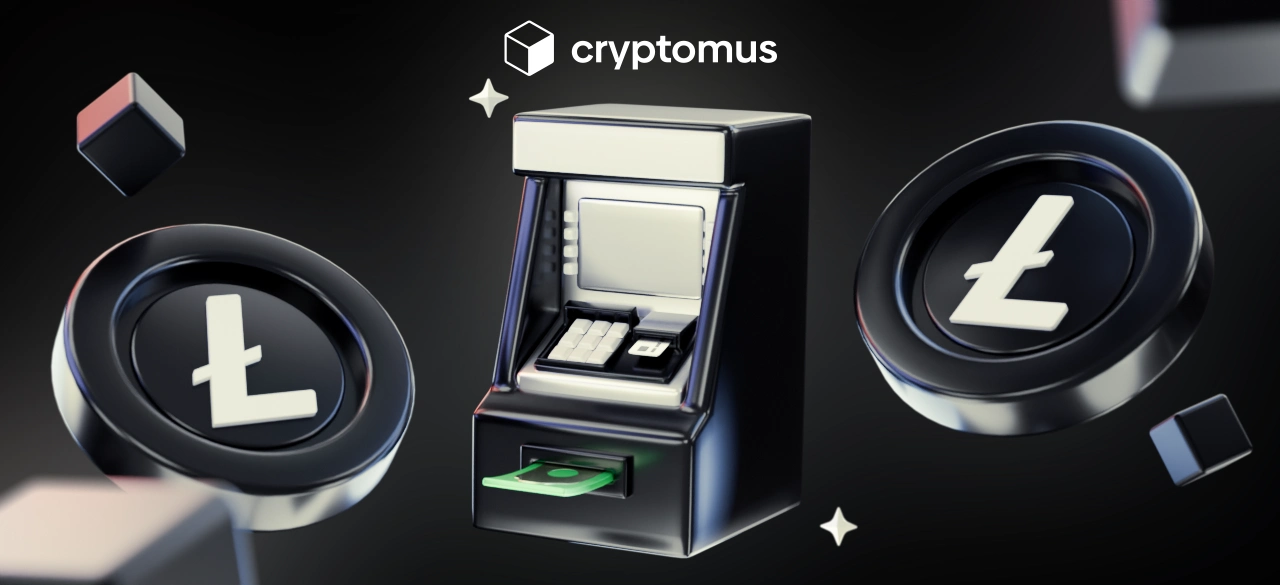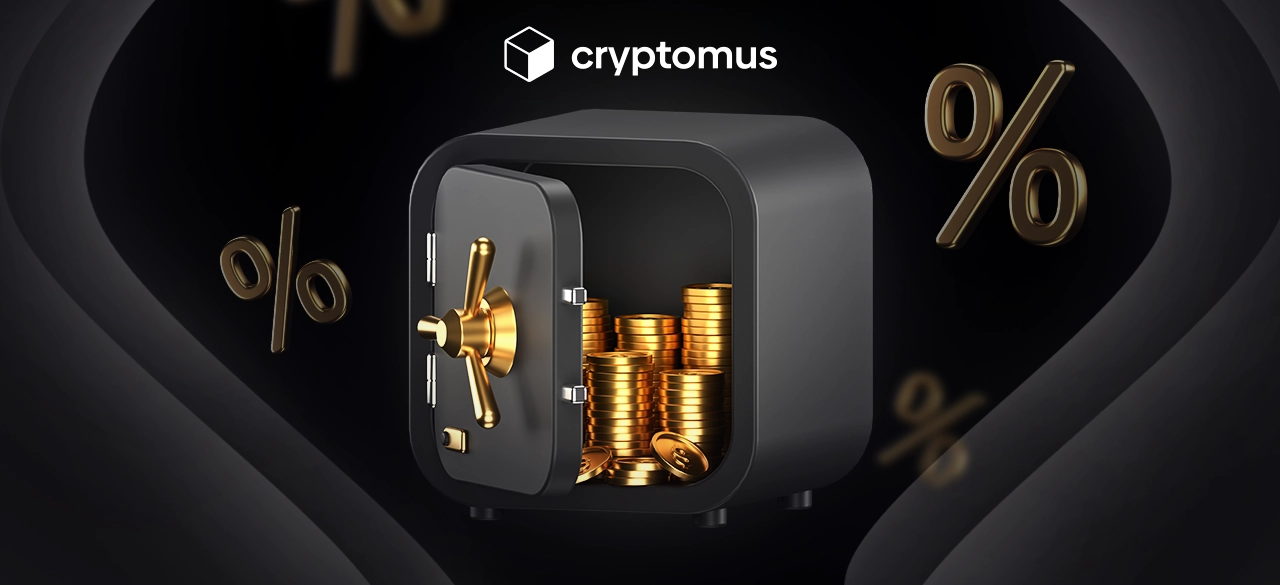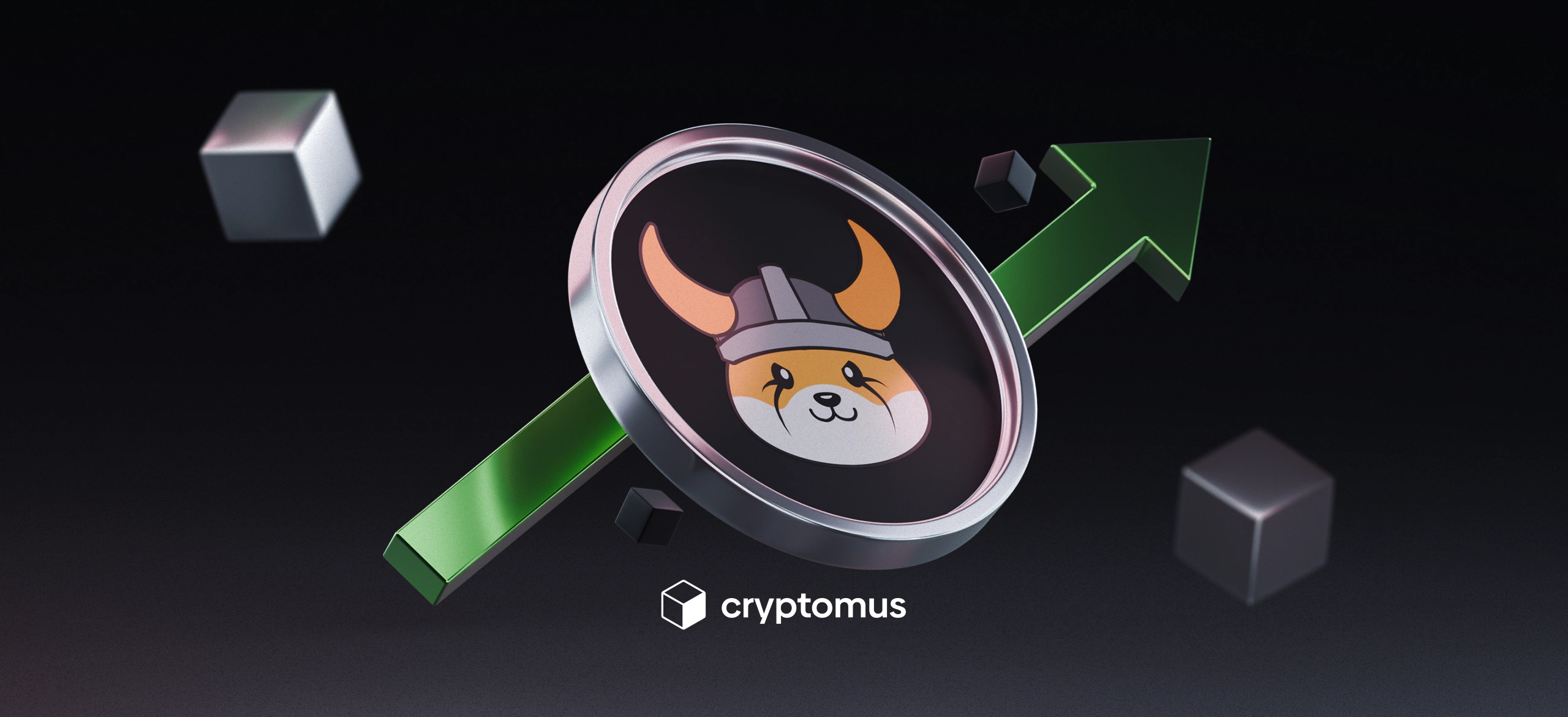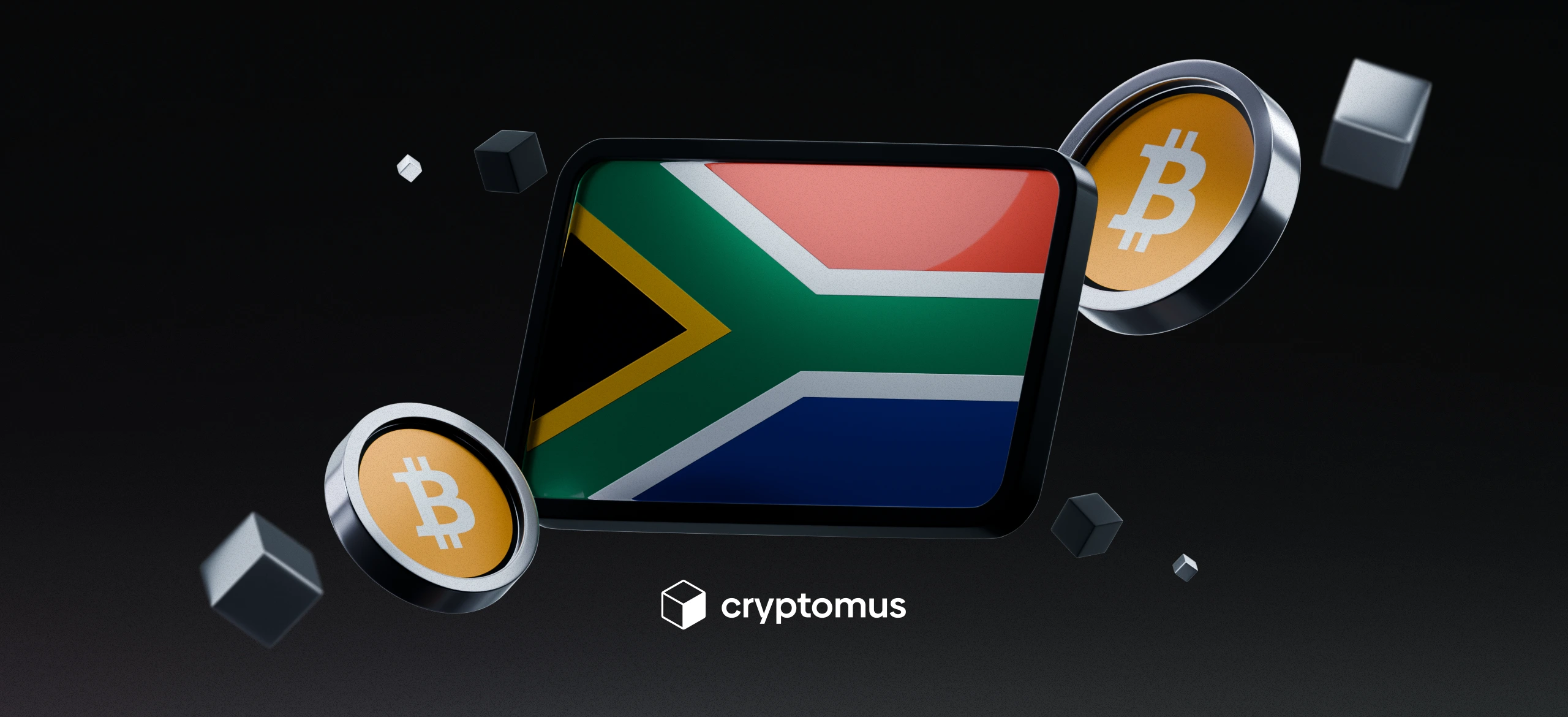
How to Buy Crypto in South Africa?
Table of Contents
Cryptospace is considered a young and still developing sector. That's why in many jurisdictions, the legal clarity for digital finance remains shady and complicated. Today, we'll research every important thing about crypto in South Africa and answer the most popular questions. Let's begin!
Is It Legal to Buy Crypto in South Africa?
Yes, it’s legal to buy and hold crypto in South Africa, but it’s not considered a legal tender. Several authorities share the oversight duty: the South African Reserve Bank (SARB) watches the payment system and currency controls; the Financial Sector Conduct Authority (FSCA) requires anyone who gives advice on crypto or brokers its purchase/sale to be licensed under the Financial Advisory and Intermediary Services Act (FAIS) as a financial provider; and the Financial Intelligence Centre Act (FICA) demands that crypto services register as “reporting entities” and comply with Know Your Customer (KYC) procedures and Anti-Money Laundering (AML) rules.
To operate legally in South Africa, platforms must have licenses issued by the state, but many exchanges operate without licenses and are still widely popular among users. At present, trading on gray exchanges doesn't have any legal consequences for users. Moreover, investor protection in the country is still limited (loss compensation mechanisms are underdeveloped), and transfers of crypto assets abroad are subject to strict currency controls until the rules are finally settled. The SARB is also exploring the possibility of launching a central bank digital currency (CBDC), accepting the worldwide changes towards crypto.
Ways to Buy Crypto in South Africa
There are several ways to buy crypto in South Africa, with their own advantages and disadvantages. Let's take a look at each of them.
Centralized Exchanges (CEXs)
These are international and South African platforms where you open an account, deposit South African rands, and buy crypto directly.
Examples: Cryptomus, VALR, Luno.
-
Pros: wide selection of coins, strong security measures.
-
Cons: KYC verification is required.
Decentralized Exchanges (DEXs)
These platforms operate through smart contracts that allow exchanging tokens directly from your wallet without middlemen.
Examples: Uniswap, 1inch, PancakeSwap.
-
Pros: access to rare tokens, full control over funds.
-
Cons: technical complexity, risk of phishing/token counterfeiting.
P2P (Peer-to-Peer) Marketplaces
These are platforms that match buyers and sellers directly; you choose a seller, price, and payment method you prefer or create your own ad.
Examples: Cryptomus P2P, Binance P2P, Bybit P2P.
-
Pros: a wide choice of payment methods, flexible pricing, low fees.
-
Cons: risk of scams, settlement can take time.
Instant Exchangers
These are simple swap services where you buy with a card or transfer and receive crypto to your wallet—no full trading interface.
Examples: EasyCrypto (SA), Paybis, Changelly.
-
Pros: very simple interface, quick purchases, supports cards and bank transfers.
-
Cons: high spreads, purchase limits, KYC required.
Bitcoin ATMs (BTMs)
These machines work just like regular ATMs, but instead of working with cash, they let you purchase cryptocurrency.
Examples: locations in Johannesburg (Balfour, Rosebank, Lonehill), Pietermaritzburg (Liberty), Durban (Hillcrest).
-
Pros: a quick method, direct cash deposit.
-
Cons: high fees, limited number of available tokens, identity verification is often required.

How to Buy Crypto in South Africa?
The most convenient and common way to buy cryptocurrency out of all the ones we've mentioned is through centralized exchanges. This is the method we'll cover in our guide.
So, to buy cryptocurrency in South Africa through CEX, you need to:
-
Choose a CEX that works with rands.
-
Register an account.
-
Complete KYC and enable 2FA.
-
Fund your account in rands.
-
Buy the crypto.
Now, let's look at each of these steps in more detail.
Choosing a CEX
Make sure the exchange supports deposits/withdrawals in rands and works with local banks. Don't forget to check if the exchange is legally approved. Familiarize yourself with the accessibility of the features and the interface, and decide if it fits your taste.
Account Registration
Enter your email/phone number and create a strong password. Confirm them to unlock basic access to your account.
KYC Verification and Setting up 2FA
Upload a document (passport/ID), take a selfie, and upload these to the site to pass the KYC procedure — it will give you access to the platform's functions. Then, enable 2FA for an extra layer of protection.
Depositing Funds in Rands
Fund your wallet balance with rands via bank card or a local e-money app.
Buying Crypto
The easiest way for beginners is to buy crypto directly on an exchange using services like Mercuryo or exchange integrations with bank cards and e-wallets. You simply select the desired crypto, enter the amount in it or in rands, confirm the payment, and then the coins are credited to your wallet.
Purchase Confirmation
Check whether the coins have come to your wallet, and transfer them to another one, if you want. You can also store crypto on the exchange's native wallet.
Simple Way to Buy Crypto with Your Credit Card
Now let’s dive into the process of buying crypto with your credit card. We’ll take Cryptomus as an example:
-
Step 1: Sign up for a Cryptomus account to get your personal cryptocurrency wallet. Don’t forget to protect it by enabling 2FA and setting a strong PIN.
-
Step 2: To buy cryptocurrency on Cryptomus, you need to pass the KYC procedure: take a selfie, provide your documents, and verify your contact info. You may do it through your personal account settings.
-
Step 3: Return to the dashboard and click “Receive”. Fill in all your criteria: select the desired cryptocurrency to buy and a suitable network. Then choose “Fiat” as a type of receive option when you’re buying crypto with a debit or credit card.
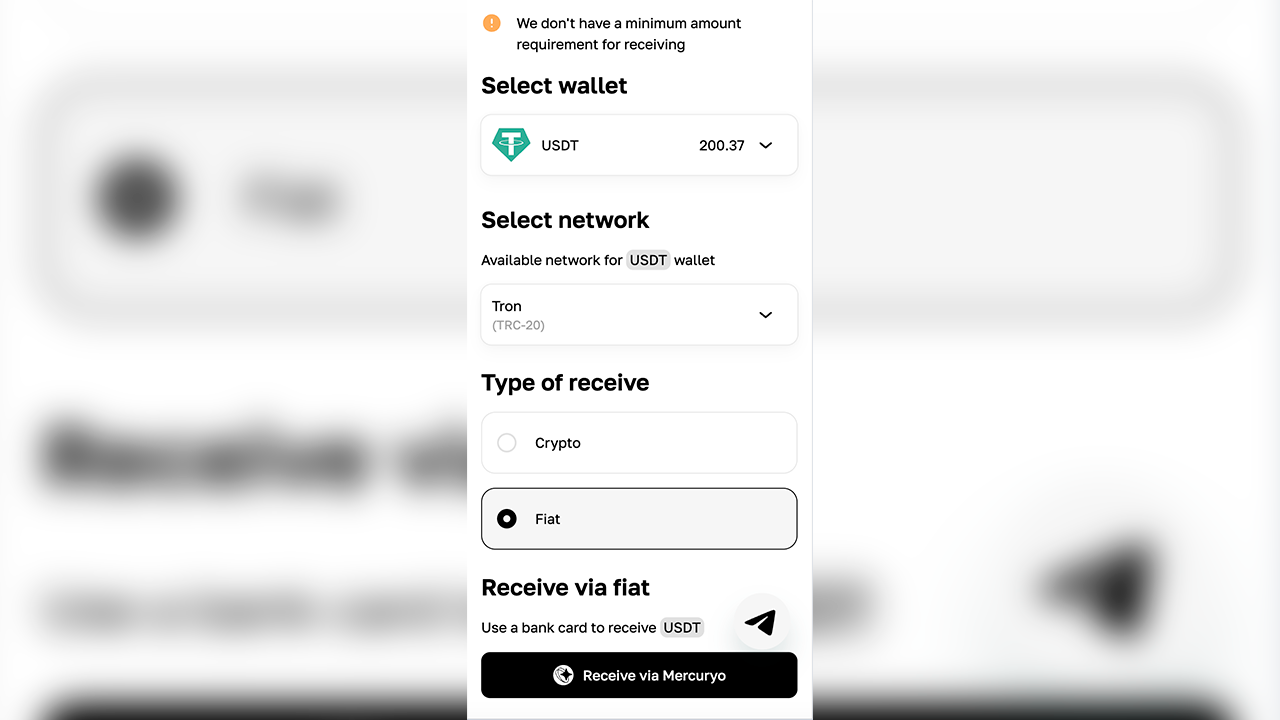
- Step 4: Click on “Receive via Mercuryo” and fill in the gap with the amount you’re going to pay in the preferred currency. The receiving amount of crypto will be automatically calculated in the payment form.
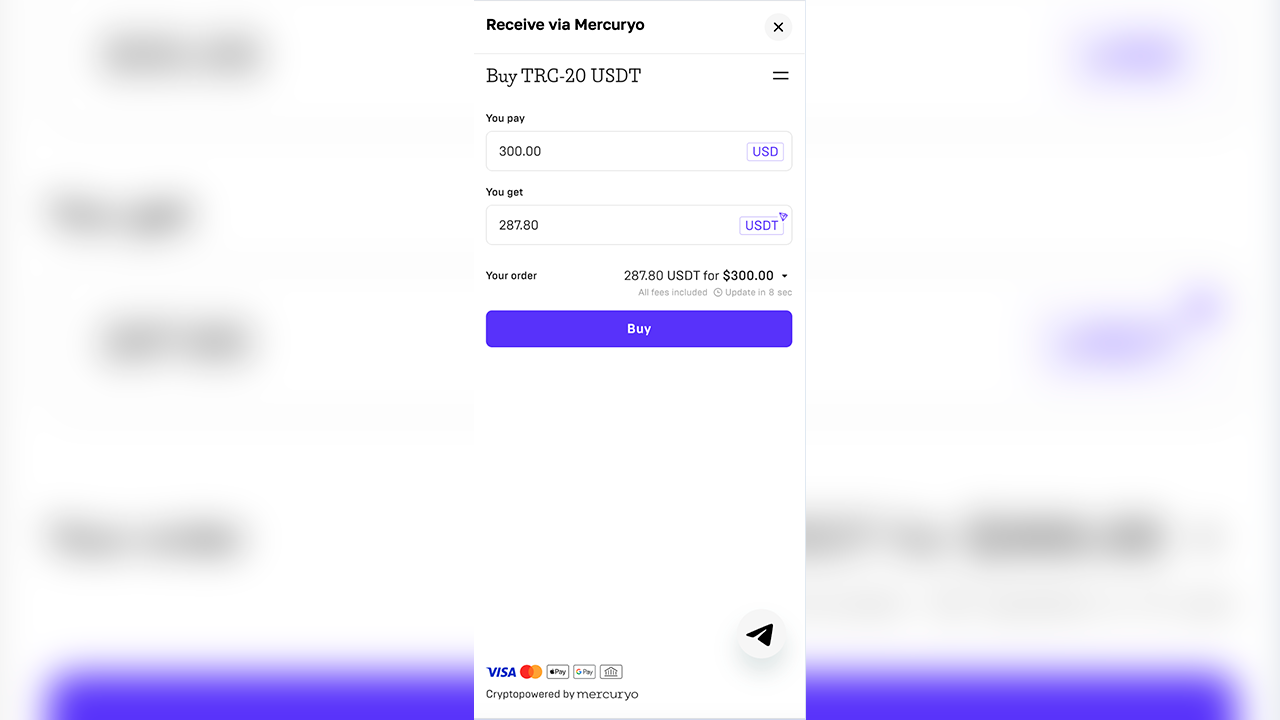
- Step 5: Next, fill in your email address for getting a verification code, and enter your debit or credit card details to make a purchase. Then confirm the action.
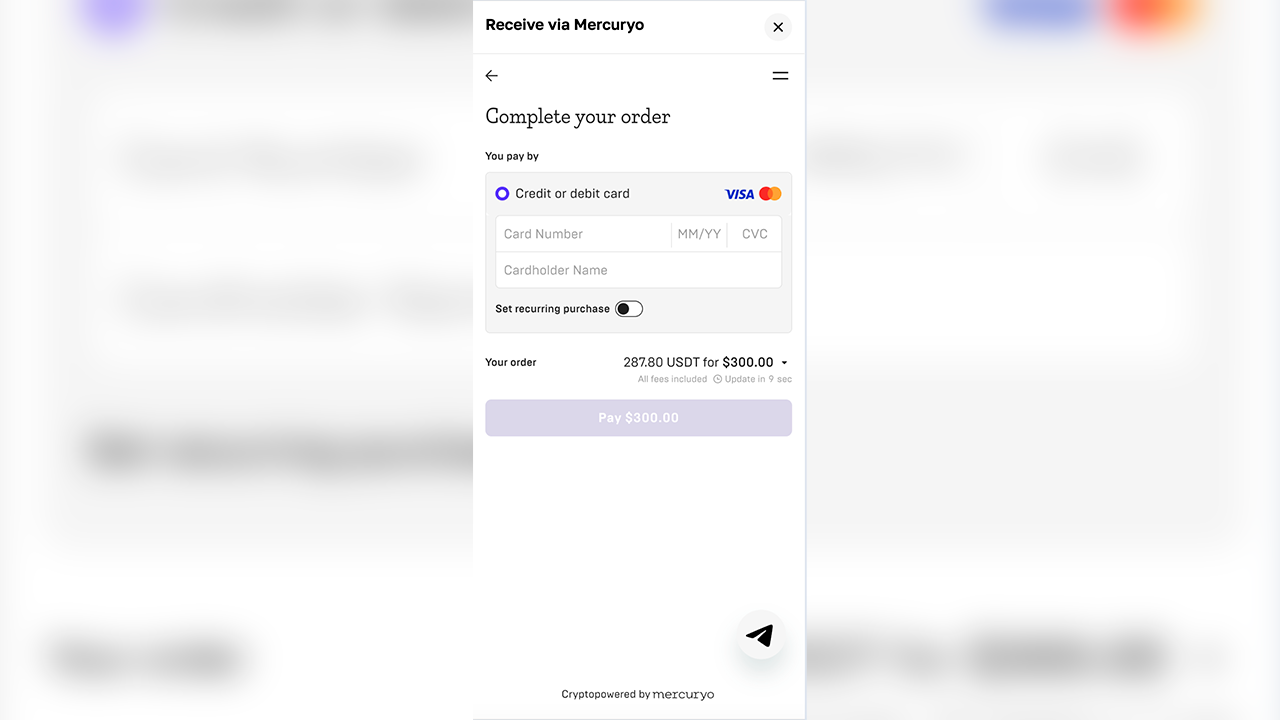
Well done! You’ve just bought cryptocurrency with a card without any complications. The funds will be credited to your personal wallet soon!
Do You Have to Pay Taxes on Cryptocurrency Investments?
Earnings from cryptocurrencies are taxable if the exchange operates with an official state license. If you trade on an unlicensed exchange, you can avoid taxes without consequences, as your income cannot be traced.
Capital Gains Tax (CGT) for long-term investments and Income Tax for active trading, mining, and other regular sources of income are the two primary tax types taken into consideration by the SARS tax authority. But there won't be any taxes if you just buy and keep crypto, only if you move it.
Now more detailed. Investors who hold assets for an extended period of time are subject to Capital Gains Tax. The first R40,000 of profit is tax-free each year. Just 40% of the remaining profit is subject to tax, and the effective rate is kept below 18%. On the other hand, SARS considers income from mining, staking, airdrops, DeFi, and active trading to be income. The rate of Income Tax varies from 18% to 45% based on your overall income. The R40,000 exemption is not applicable in this situation because all profits are subject to tax. You can, however, include expenses that are directly associated with making money (such as commissions or mining equipment).
Taxes on future profits can be lowered by using losses. This means that you can deduct your loss from other capital gains if you sold crypto for less than you purchased it. However, if you quickly repurchased the same asset (similar to a wash sale), the SARS might not permit this to you.
All things considered, South Africa's crypto tax system is still adaptable; the regulations are enforced according to the type of activity you engage in. However, the fundamental idea is straightforward: any crypto profit is subject to taxes, and losses can be capitalised on.
Did you find this article useful? Did we answer all of your questions? Let us know in the comments below!
Simplify Your Crypto Journey
Want to store, send, accept, stake, or trade cryptocurrencies? With Cryptomus it's all possible — sign up and manage your cryptocurrency funds with our handy tools.
Get Started







